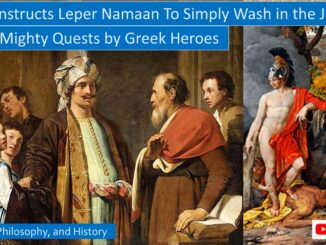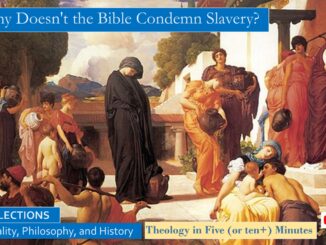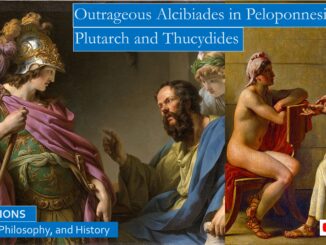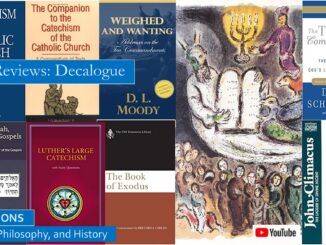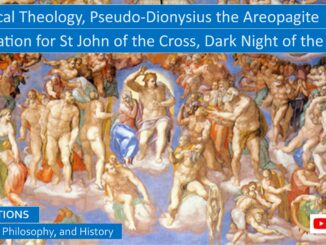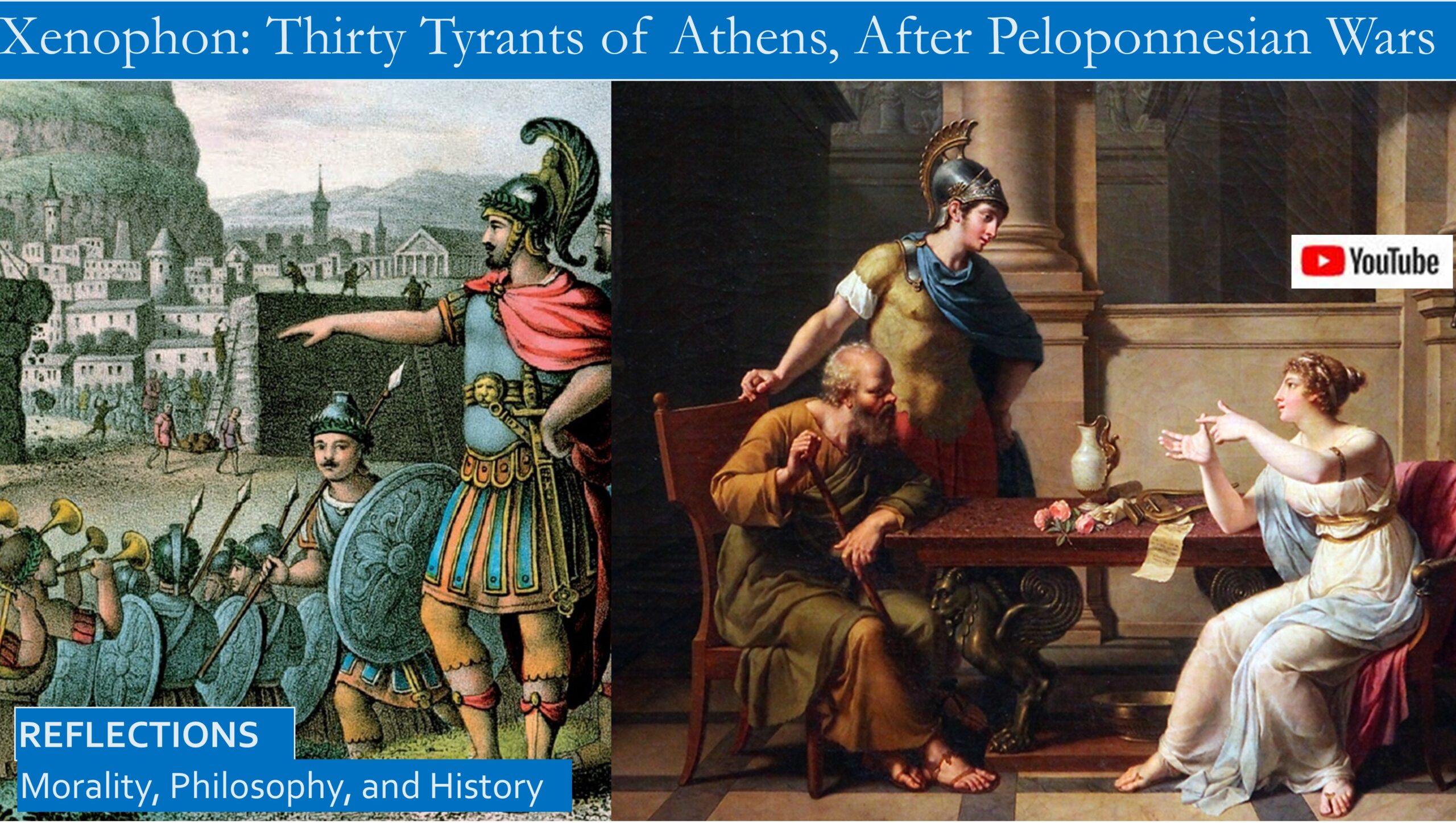
Thirty Tyrants Ruling Athens After Spartan Victory in the Peloponnesian Wars
After the end of the Peloponnesian Wars, the victorious Spartan commander Lysander insisted that, as part of the terms of peace, the Athenians set up an aristocracy under the rule of the Thirty Tyrants. Although the previous tyrants in the sixth century BC were benevolent tyrants, the Thirty were Tyrants of the worst kind, dominated by the vicious Critias, a tyranny that quickly descended into an orgy of bloodshed directed first against their enemies, and then against their fellow aristocrats so they could seize their property. This misrule preceded the reestablishment of the Radical Democracy of Athens, and the events of the Thirty Tyrants cast a long shadow over Athenian history and the Platonic dialogues. […]

